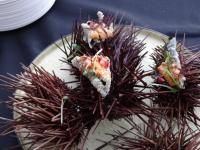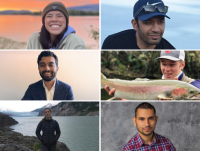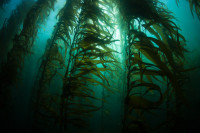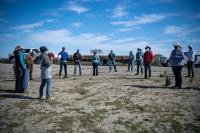Breadcrumb
News archives
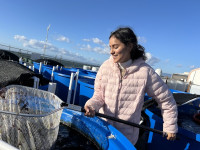
From Lab to Livelihood
How abalone research is cultivating California's next generation of aquaculture workers
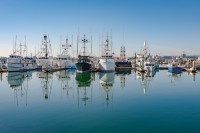
New Portal Tracks Coastal Health
Real-time data helps protect $45 billion marine economy from the effects of ocean acidification and oxygen depletion
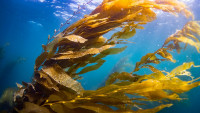
The where, when and why of bringing back kelp
California Sea Grant-funded research is informing key restoration efforts
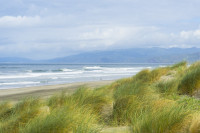
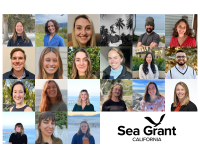
‘We have to find a balance’
From water quality to marine protection, California Sea Grant State Fellows shape policy along the Northern Coast
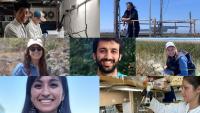
Eight emerging scientists address high-priority research needs
The latest cohort of Delta Science Fellows improved our understanding of an important ecological and economic region
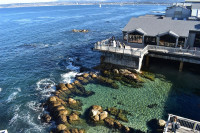
‘A great stepping stone’
From sanctuaries to an aquarium, California Sea Grant State Fellows are diving into the communities of the Central Coast
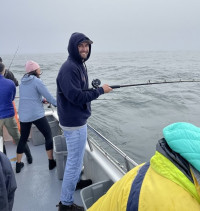
An Accidental Sea-Level Rise Specialist
A California Sea Grant State Fellow is on a mission to protect the beaches he grew up loving
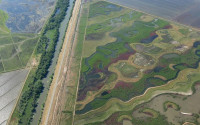
Navigating the agency world
California Sea Grant State Fellows at the San Francisco Estuary Partnership learn the ins and outs of government work
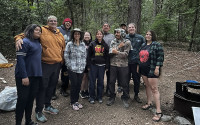
‘Transiting’ between Western and Indigenous worldviews
A summer program, supported by California Sea Grant, held on reacquired Wiyot land, collects essential data while sharing Traditional Ecological Knowledge

State Fellows learn the policy ropes
At the Port of San Diego and the Coastal California Commission, fellows pursue social justice and ecological flourishing
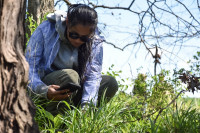
Digging deep
How a postdoc position bridged the gap between research and policy in California's crucial Delta
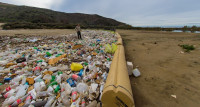
Uniting across borders to tackle land-based marine debris
A $300,000 grant is bringing together efforts in the Tijuana River watershed
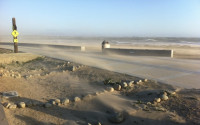
Studying the climate potential of California’s dunes
A seed grant will help researchers assess how coastal dunes can protect communities as sea levels rise
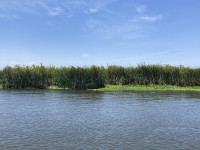
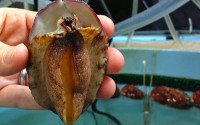
Preparing abalone for a precarious future
New study suggests white abalone are vulnerable to warming — but genetics might make a difference

From backyard sharks to championing coastal communities
State Fellow Brandon Quintana’s passion combines environmental science and social equity
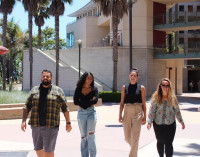
Undergrad mentorship programs diversify marine sciences
Eight California Sea Grant-funded programs offer support to young researchers

It’s easy to spot a fish — but not so easy to track its spawning
Research supported by California Sea Grant and the Ocean Protection Council homes in on spawning behaviors
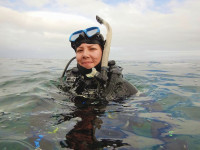
Bridging Borders for Coastal Resilience
California Sea Grant’s First-Ever Binational Climate Fellow Meliza Le Alvarado forges coastal collaborations
